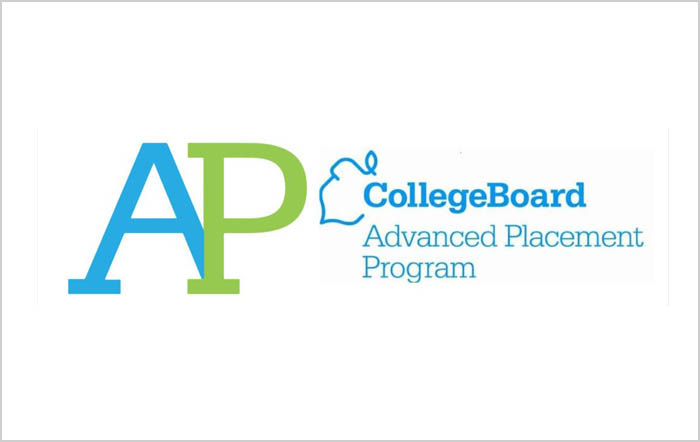MHS Students React to 2020 AP Tests
May 26, 2020
As with everything that was planned for this spring, the 2020 AP tests were very different than what most students were expecting. Instead of taking tests that were roughly three hours long and consisted of both a multiple choice and a free response section (speaking in terms of most tests, some were formatted differently), students were treated to 45-minute exams. These tests either had one essay question or two shorter free response questions. Each short question had many parts, the number of which depended on the test being taken. Not all of the tests followed this format, with music theory and all foreign languages exams being notable exceptions..
However, most MHS students saw either one or two questions on any of their given tests. If they had one question, they had 45 minutes to answer it and five minutes to submit it. If they had two questions, the first received an alloteted 25 minutes (with a five-minute submission period) and the second received 15 minutes (again with a five-minute submission period) according to the 2020 AP Exam Schedule and Information that was published by the College Board. This may sound like a reasonable alternative to the normal AP tests given the circumstances, but was it?
The 2020 AP tests had many problems from their inception. This format did not test students’ accumulated knowledge from the entirety of the year; it instead tested one or two subunits from the year, making it skewed in the favor of those who may have spent extra time on the topic assigned for one reason or another. Many students also complained that they had different questions. The grievance with this was that it may have allowed some students to receive easier questions than others. Consider the AP Human Geography test that is taken by freshmen at MHS. Although these students all learned the same material, some got questions about culture, which was said to be the easiest unit, and others received questions on agriculture, the hardest. One freshman, Jillian Spray, had this to say: “I think that the varying levels of question difficulty make it unreasonable for the College Board to subject all of the students to the same criteria.”
Another huge problem with the tests during the first week they were given out was that some students were unable to submit their answers due to what the College Board is attributing to old browsers. This unjust aspect of the test has actually spurred a lawsuit against the College Board for violating the Americans with Disabilities Act.
Milford students voiced many of these grievances. Junior Laura Nowicki, who took the AP Language and Composition, AP Economics, and AP Environmental Science tests said, “I was really surprised by how short the exams were; they went by so fast. Shortening the exams that would have lasted up to four hours to under one hour is a bit concerning because it’s hard to prove yourself and show what you’ve learned all year in that short amount of time.”
Another junior Daniel Ellis, who took the AP Biology, AP Language and Composition, and AP European History tests, had similar concerns: “Not only were AP exams severely depreciated this year, but also significantly more stressful than the norm. With this loss of authenticity, I can only help but wonder what the impact will be on a collegiate level.”
Some students said they understood that College Board was doing its best to give students an opportunity to still earn credit.
Avrie Shettler, a junior who took the AP psychology and AP European History tests said that she thought that “The AP tests were pretty fair considering the circumstances. Only having a few questions wasn’t all that bad. However, the tests stressed me out because they were online. I kept worrying if the test would actually submit or if my computer would give out and the test would be lost.”
Julia Salvati, a junior who took the AP European History and AP language and Composition exams, summed it up best in saying, “Although I agree that it was important for the tests to still happen in order to give students a chance at credit, I don’t think they were a fair way to measure a student’s understanding. Because of the uncomfortably short timeframe, no multiple choice questions, and the lack of variety within the tests, it felt like too small a sample of the curriculum to make a fair assessment.” She continued, saying “A teacher wouldn’t randomly pull a unit test for the final nor should the College Board judge a year of hard work based on 50 minutes covering one or two areas of study.”
Despite all of their concerns, all of the students interviewed did complete their tests and were able to submit them. Although the tests were not perfect this year, all of the students interviewed seemed glad to have the chance to show their skills and still earn college credit. Hopefully, many will have achieved the scores necessary to do so, and hopefully next year they all receive a better chance to do so in the form of an in-person, full-length test.
